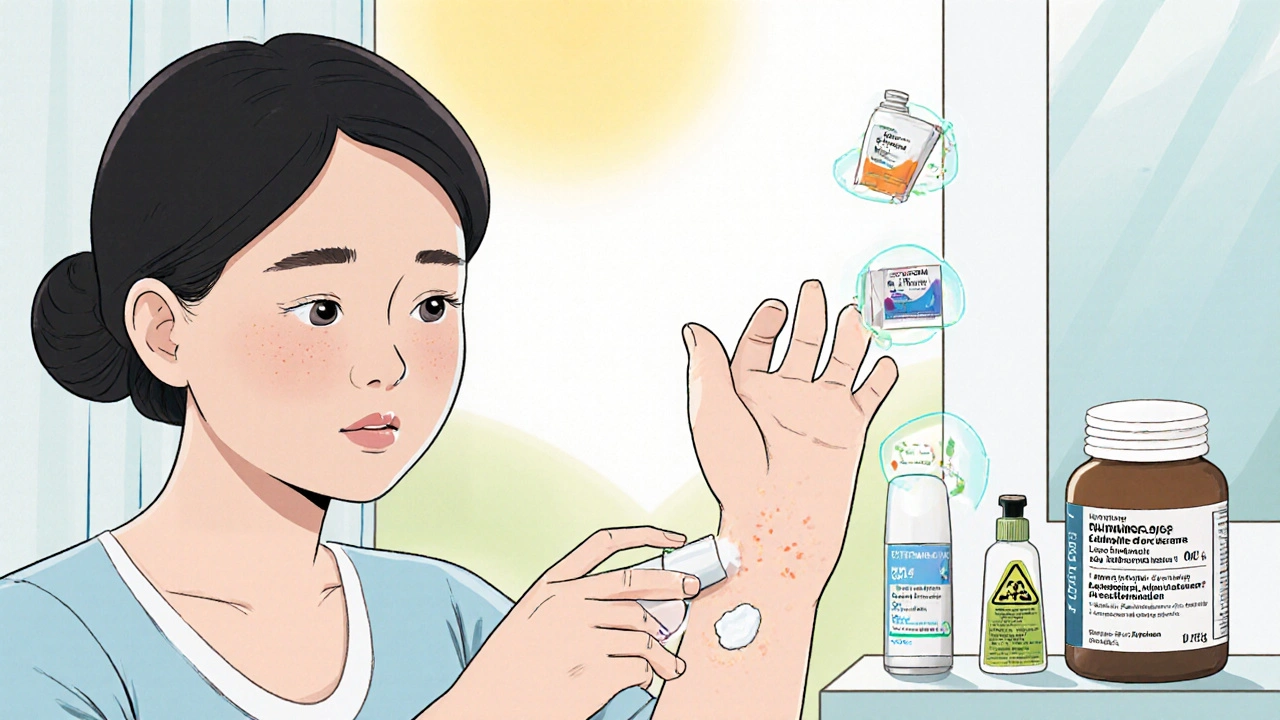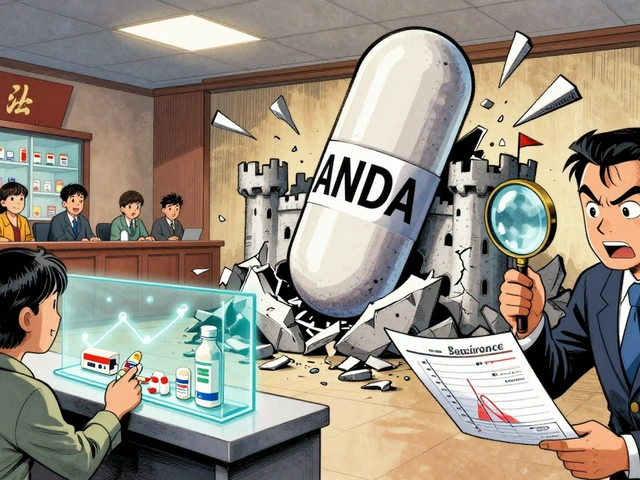Pregnancy Acne Treatment: Safe Options and What to Avoid
When you’re pregnant, your body changes in ways you never expected—and pregnancy acne treatment, the safe and effective ways to manage breakouts during pregnancy without harming the developing baby. Also known as hormonal acne during pregnancy, it’s not just a cosmetic issue—it’s a common, real concern for many expecting mothers. Roughly half of all pregnant women deal with acne, especially in the first trimester, thanks to a surge in androgens. These hormones crank up oil production, clog pores, and trigger inflammation. But here’s the catch: most of the acne treatments you used before pregnancy are off-limits now. Retinoids, salicylic acid in high doses, oral antibiotics like doxycycline—they can harm fetal development. So what’s left?
You need solutions that work without crossing the line into risk. safe acne meds, topical treatments approved for use during pregnancy that reduce breakouts without systemic absorption are your best bet. Benzoyl peroxide in low concentrations (2.5% to 5%) is widely considered safe—it kills bacteria on the skin and doesn’t enter the bloodstream in meaningful amounts. Glycolic acid and lactic acid peels, when used lightly and sparingly, can help exfoliate without danger. Even gentle cleansers with sulfur or zinc can calm redness and reduce oil. But skip anything labeled "anti-aging," "strong exfoliant," or "prescription strength" unless your OB-GYN specifically says it’s okay.
And don’t forget pregnancy skincare, a holistic approach to managing skin changes during pregnancy using only safe, non-systemic products and routines. It’s not just about what you put on your face—it’s about what you avoid. Fragrances, parabens, phthalates, and some essential oils (like rosemary or clary sage) can be irritants or even endocrine disruptors. Stick to simple, fragrance-free moisturizers and sunscreen. Sun exposure can make post-acne marks darker, so daily SPF 30+ is non-negotiable. Drinking water, managing stress, and washing your face twice a day with lukewarm water are simple but powerful habits. And if your acne is severe? Talk to your doctor. There are a few prescription options, like topical erythromycin, that are considered low-risk when used correctly.
The truth is, pregnancy acne usually fades after delivery. But while you’re in it, you don’t have to suffer. You just need to be smart about what you use. The posts below break down exactly what works, what doesn’t, and what to ask your provider before trying anything new. From natural remedies backed by real evidence to the hidden dangers in over-the-counter products, you’ll find clear, no-fluff advice tailored to your situation.

Safe Topical Medications and Creams During Pregnancy: What You Can and Can’t Use
Learn which topical creams and medications are safe to use during pregnancy, from acne treatments to eczema creams. Avoid risky ingredients and use the safest options with confidence.
Detail




